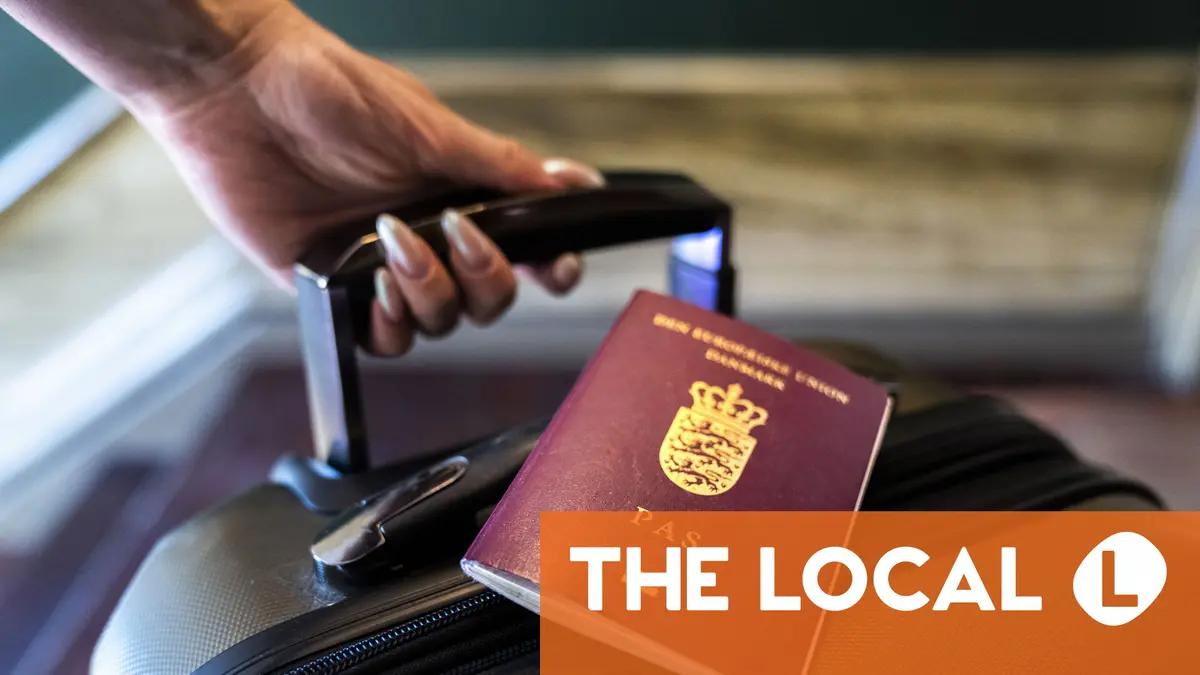Our weekly column Inside Denmark looks at the stories we have been talking about the most over the last seven days. This week – why citizenship ‘cold cases’ are being reviewed by the Supreme Court, and what do they mean for the affected individuals?
A woman who had Danish citizenship rights for decades before they revoked by authorities seven years ago this week lost a bid to have the decision reversed at the Supreme Court.
The Supreme Court said it could not intervene in parliamentary decisions to grant or deny Danish naturalisation, which is voted for under the regular process to grant citizenship.
READ ALSO: How to apply for citizenship in Denmark
The court found that doing so would be an overreach under the terms of the Constitution.
The woman, who is now 56, had the status of Danish citizen until 2018, news wire Ritzau writes in its report of the court case.
She is among a group of people whose citizenships were withdrawn because authorities found – many years after citizenship had originally been granted – that it had been awarded incorrectly.
This meant that she had technically never been a Danish citizen, despite having believed this to be the case for most of her life.
In this week’s case, the Supreme Court was not tasked with deciding whether the 2018 decision to withdraw her citizenship was correct, but rather whether a 2021 rejection of her new application was acceptable.
According to Ritzau, the court said it would also have looked at the 2018 decision – but this wasn’t the one being challenged by the woman.
Looking at her individual case might give a clearer idea of the type of situation in which longstanding Danish citizens through heritage have found themselves suddenly without the national rights they have held for years.
Advertisement
She was born in Aalborg in 1969 to an Australian mother and Danish father. At the time, her parents were recorded as having been married in Australia in 1958.
But when the woman’s son applied to retain his Danish citizenship in 2021, it emerged that her parents were actually married in the United Kingdom, and not until 1988. This means she would not have been eligible for Danish citizenship under the rules which applied at the time.
As a result, the woman, and consequently her two children, were denied Danish citizenship, according to Ritzau’s account.
The woman has lived most of her life in the UK and does not live in Denmark currently, but her lawyer argued the decision had a major impact on her life because it initially made her stateless, before she then acquired Australian citizenship through her mother. She was nevertheless rendered without EU citizenship.
Cases of this type were recently put on hold after a similar decision, in September, was also upheld by the Supreme Court. In that case, the court found the decision had limited consequences on the affected individuals, who had not spent most of their lives in Denmark.
Advertisement
That seems a significant difference from the new case, which may be precedent-setting, given the Immigration Ministry has previously said it was freezing other decisions while it waited on the outcome of the October case.
“Six ongoing cases in the courts await the outcome of the Supreme Court Ruling in October 2025,” the ministry said last month.
That suggests we may soon learn more about the consequences for people with heritage connections to both Denmark and another country when decades-old administrative decisions are reversed at the stroke of a pen.
